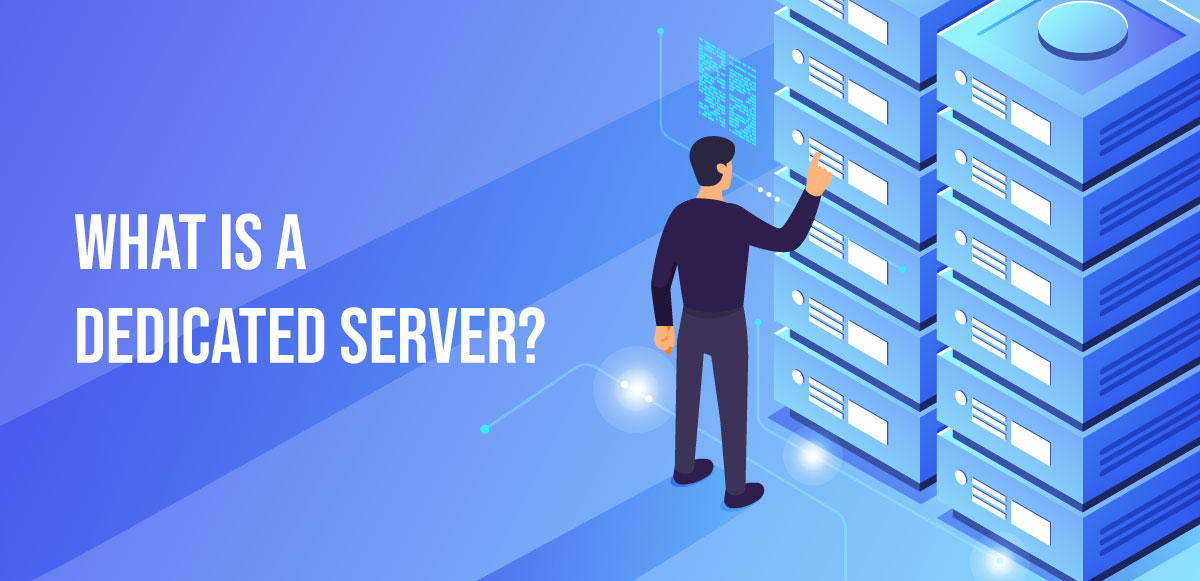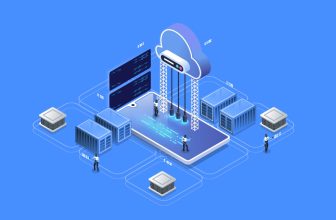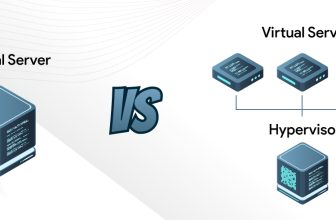
In the field of web hosting and other related online services, a dedicated server is one of the most effective and efficient solutions of today’s rapidly developing IT market and a perfect choice for those who need high-grade performance and complete control over their server and its activities. Dedicated hosting is different from shared or virtual hosting as it has a physical server fully committed to an individual or a company.
Key Features Of Dedicated Server
- High Performance
Dedicated servers offer optimum and uncompromised performance and speed for the resources committed. This is especially important for websites and apps that receive high loads of traffic or those that demand extensive computational resources. - Exclusive Resources
On a dedicated server, the user has complete control over the infrastructure, concerning the calculations, such as CPU, RAM, storage space, and bandwidth. This means that the server resources are free to be utilized minus any activities of other users, hence, an assurance that the host will not be overwhelmed by other users like in shared hosting plans. - Enhanced Security
As the server is being used by only one client, there is very little chance that someone can tamper with the system, thus enhancing security. It is possible to set up a personal firewall, protection against DoS attacks, and routine security checks for the dedicated server. - Customization and Control
Dedicated servers provide full control over the condition of the server. Customers can decide where applications are going to be located, what operating system is to be used, and how the actual hardware should be designed. - Scalability
The services provided by dedicated hosting can be easily configured as per the requirements of a growing business. Dedicated web hosting users can easily implement changes on the hardware components like an increase in RAM or more storage in comparison with shared hosting.
Technical Features Of Dedicated Server
Hardware Components:
- Processor (CPU):
Exclusive servers sometimes incorporate enhanced processing units, like powerful Intel Xeon and AMD EPYC CPUs, which are designed for servers and are comparatively more efficient. - Memory (RAM):
Additional RAM ensures that the computer performs better and faster than before with particular reference to the amount of memory required in the running of application software. - Storage:
In dedicated servers, different storage types can be availed, these are the conventional hard disk drives (HDDs) or the more enhanced solid-state drives (SSDs). SSDs offer higher transfer rates in addition to the reliability in handling data owing to these reasons SSDs are preferred. - Network Interface:
A dedicated server usually contains a high-speed network adapter, which guarantees connectivity to data networks can be very fast.
Control Panels:
- cPanel/WHM:
cPanel/WHM is one of the most used web panels for managing a dedicated server. They make server administration easier by offering easy-to-use web interfaces that allow you to perform website management and configuration of e-mail, database, users, access restrictions, backup setting’s, and so on. - Plesk:
The most popular control panel is Plesk; Plesk works with Linux and Windows hosting servers. They provide an impressive range of services aimed at optimizing the functioning of web hosting environments.
Operating Systems:
- Linux:
Linux is a well-known operating system for dedicated servers because of its reliability, security, and its characteristic as an OS that can be freely modified. - Windows Server:
Windows Server is another one, which is widely used because it is compatible with many Microsoft applications and services. It has a good graphical user interface and comes with strong support for business organizations.
Network Configuration:
- IP Addresses:
Another feature of dedicated server hosting is that it is usually accompanied by one or more dedicated IP addresses. It is also important to know that it is possible to buy more than one IP address if the existing one is not enough. - DNS Configuration:
The DNS records must be configured properly so domain names point to the dedicated server on the internet. This involves creating the A records, MX records, and other records in the domain. - Firewalls and Security:
It is crucial to ensure that the required firewalls are configured, and other necessary security measures are put in place to prevent any unauthorized access to the server or attacks by hackers.
Use Cases For Dedicated Servers
- E-commerce Websites:
Since e-commerce sites need to process a large number of visitors and, therefore, transactions, the application should provide high performance and guaranteed stability. The shopping experience of a customer has to be unrestricted and a dedicated server gives the requisite environment to achieve this goal. - Large-scale Databases:
Client applications that involve complexities of extensive databases, for instance, ERP applications or big data analytic systems, are optimized on application servers. - Hosting Multiple Websites:
Companies, or hosting companies requiring space for more than one website or various clients require a dedicated hosting server that sees to it that each website is afforded the necessary parcel of server features to run effectively on the Internet. - Gaming Servers:
This kind of environment demands low latency through the efficiency of the pathways for delivering high-performance gaming. Games with several users connected simultaneously require the use of dedicated servers. - Streaming Services:
Applications of streaming services consist of video or audio streaming which need high I/O throughput and processing capability. For instance, to handle the traffic demands and deliver a good streaming result, dedicated servers can be relied upon.
Conclusion
Dedicated servers are deemed one of the most effective and flexible hosting solutions due to excellent performance as well as the advanced level of control, scalability, and security. They are recommended for use in large websites as well as applications that consume many system resources, gaming servers, and highly secure email servers used in large organizations. As for managed hosting, it is even more expensive than shared or VPS hosting, however, the accesses they offer often compensate for the cost in case businesses and individuals need trustworthy and stable hosting solutions.







